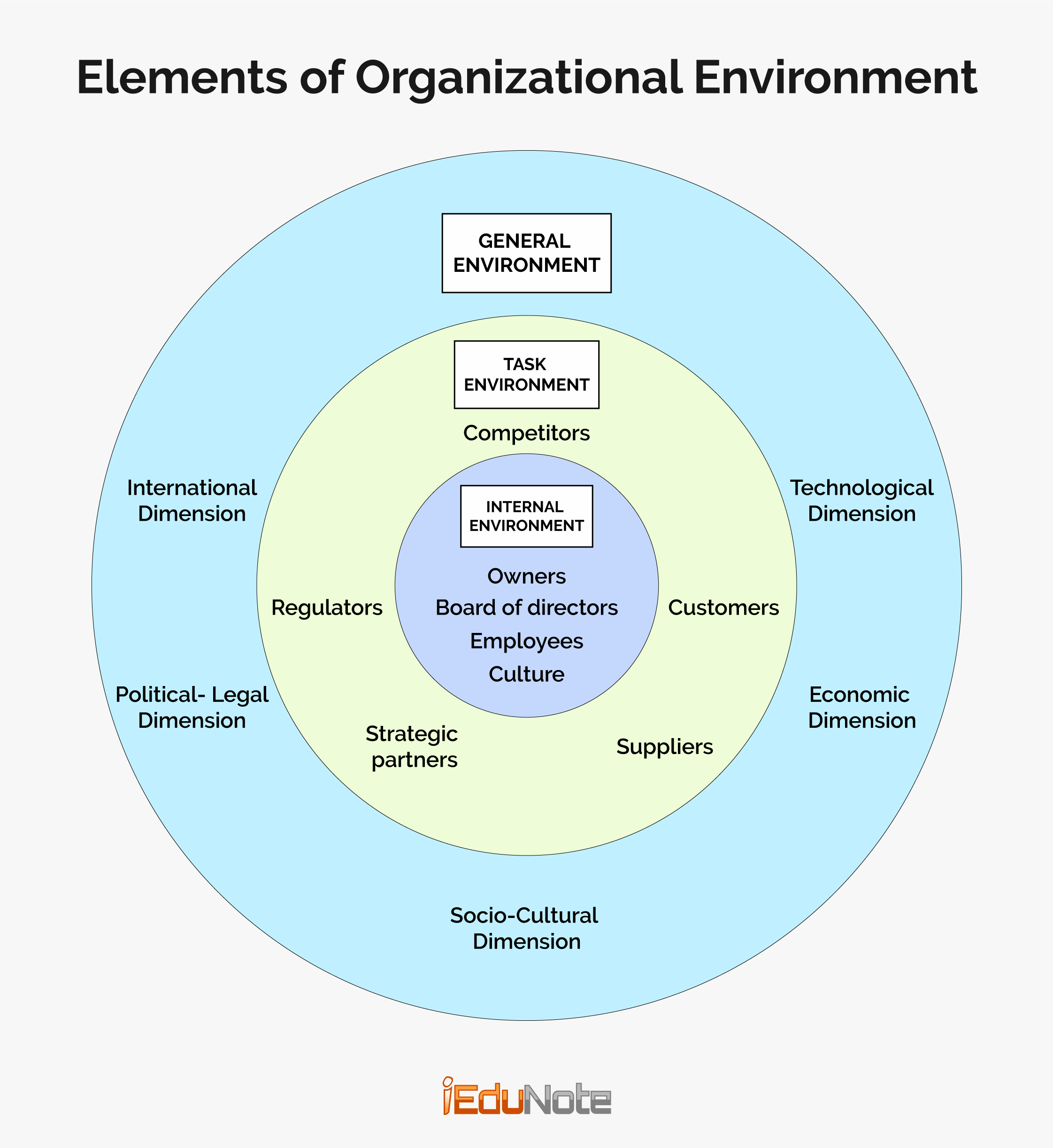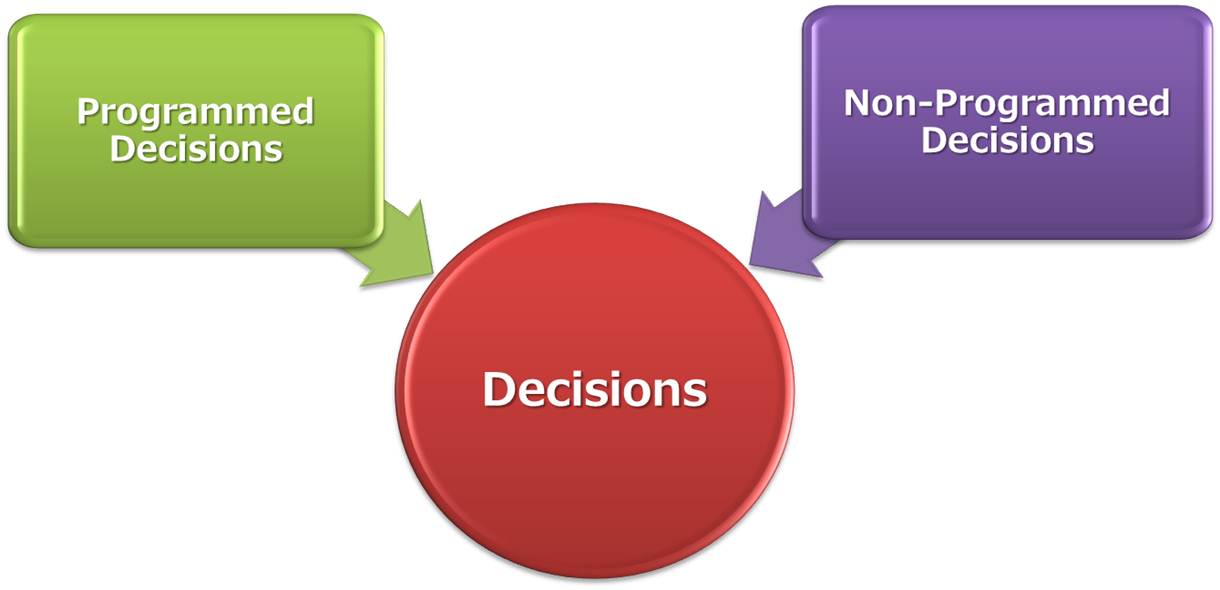Cognitive Evaluation Theory is a theory in Psychology that is designed to explain the effects of external consequences on internal motivation. Cognitive Evaluation Theory theory suggests that there are two motivation systems; intrinsic and extrinsic which correspond to two kinds of motivators.
Intrinsic Motivators
Achievement, responsibility, and competence; motivators that come from the actual performance of the task or job — the intrinsic interest of the work.
Extrinsic Motivators
Pay, promotion, feedback, working conditions — things that come from a person’s environment, controlled by others. One of the other of these may be a more powerful motivator for a given individual.
Intrinsically motivated individuals perform for their achievement and satisfaction.
If they come to believe that they are doing some job because of the pay or the working conditions or some other extrinsic reason, they begin to lose motivation.
The belief is that the presence of powerful extrinsic motivators can reduce a person’s intrinsic motivation, particularly if the extrinsic motivators are perceived by the person to be controlled by people.
In other words,
A boss who is always dangling this reward or that stick will turn off the intrinsically motivated people.
If the cognitive evaluation theory is valid, it should have major implications for managerial practices.
- Pay or other extrinsic rewards are to be effective motivators, they should be made contingent on an individual’s performance.
- Cognitive evaluation theorists would argue that this will tend only to decrease the internal satisfaction that the individual receives from doing the job.
- If correct; it would make sense to make an individual’s pay non-contingent on performance to avoid decreasing intrinsic motivation.

